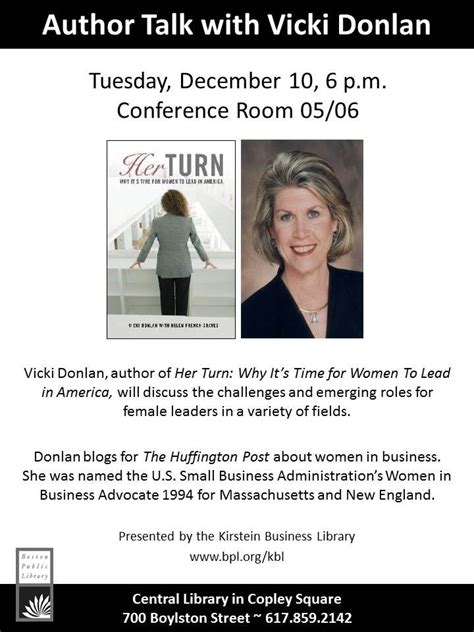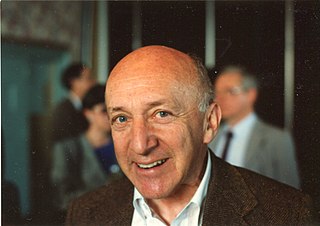A Quote by Gene Cernan
Curiosity is the essence of human existence. 'Who are we? Where are we? Where do we come from? Where are we going?'... I don't know. I don't have any answers to those questions. I don't know what's over there around the corner. But I want to find out.
Related Quotes
When I go onstage, I don't know what I'm going to say. I don't know what's going to come out of my mouth. It's one of those questions where any and everything is possible. I literally could be talking about somebody I was hanging out with two seconds ago or something from the news. Literally, there's really no rhyme or reason for it. I want to be free flowing like that.
Indeed, the only truly serious questions are ones that even a child can formulate. Only the most naive of questions are truly serious. They are the questions with no answers. A question with no answer is a barrier that cannot be breached. In other words, it is questions with no answers that set the limit of human possibilities, describe the boundaries of human existence.
So when I say that I think we would have a different ethical level, particularly in corporate America, if there were more women involved, I mean that what women are best at is asking questions. Women ask questions over and over again. It drives men nuts. Women tend to ask the detailed questions; they want to know the answers.
Socrates himself said, 'One thing only I know, and this is that I know nothing.' Remember this statement, because it is an admission that is rare, even among philosophers. Moreover, it can be so dangerous to say in public that it can cost you your life. The most subversive people are those who ask questions. Giving answers is not nearly as threatening. Any one question can be more explosive than a thousand answers.
It's amazing to me: when people start their career, you write about maybe a couple of topics, and you find that as you grow older, a lot of those topics never resolve, because I think your job as a writer is to pose questions as you see them. I don't know if we're supposed to give answers to people, because I don't know if we have any.
One of the big misapprehensions about mathematics that we perpetrate in our classrooms is that the teacher always seems to know the answer to any problem that is discussed. This gives students the idea that there is a book somewhere with all the right answers to all of the interesting questions, and that teachers know those answers. And if one could get hold of the book, one would have everything settled. That's so unlike the true nature of mathematics.
































